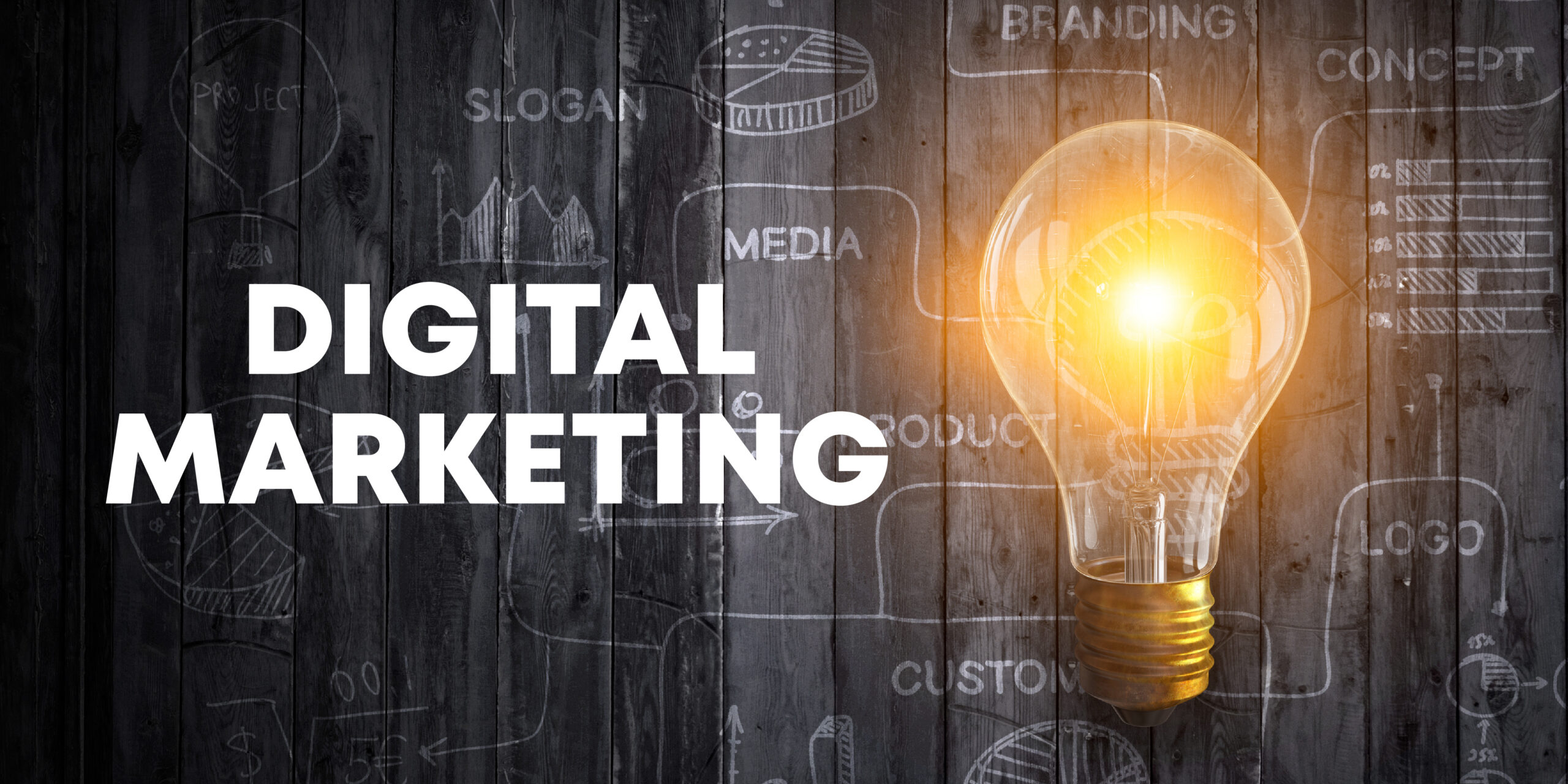Introduction:
In today’s digital world, a brand’s online presence is crucial for standing out. Digital Marketing plays a crucial role in improving the brand’s visibility among people. This blog provides a Beginner’s Guide to Digital Marketing. It explains how to create an online presence in today’s competitive world.
What is Digital Marketing?
Digital Marketing refers to marketing made through digital channels like Social Media platforms, Search Engines, websites, and more. It has plenty of tools to promote your products, brands, and services. It reaches a wide range of people via the Internet. We call marketing that takes place online digital marketing, also known as online marketing.
Importance of Digital Marketing:
In the fast-growing world, people rely on social media to buy products, services, etc. It allows tracking of the user’s behaviour. The average person spends 2 hours and 20 minutes on social media daily. This means that companies will likely notify consumers. Social media drives traffic to your website, boosts engagement, and increases conversion rates.
Types of Digital Marketing:
1) SEO
2) SMM
3) Content Marketing
4) PPC Advertising
5) Email Marketing
6) Influencer Marketing
7) Affiliate Marketing
8) Display Advertising
9) Mobile Marketing
Nine commonly utilized forms of digital marketing exist, and experts acknowledge them as essential elements.
1) Search Engine Optimization (SEO)
Search Engine Optimization is optimizing your website to rank higher on the Search Engine Results Page (SERP). It drives traffic to your website in an organic way. This is the best choice for creating a website rank on Google. However, finding your website’s relevant keywords takes lots of research and time to rank on SERP.
2) Social Media Marketing (SMM)
Social Media Marketing is the most popular type of digital marketing. Marketers use social media platforms like Facebook, X (Twitter), Instagram, WhatsApp, Pinterest, LinkedIn, and Snapchat for social media marketing. You can promote your products and services through engaging content and targeted advertisements.
These platforms create engaging content that attracts your audience. They include organic posts, paid ads, influencer marketing, and other features to drive sales traffic.
3) Content Marketing
Content Marketing emphasizes producing worthwhile and pertinent content to captivate the audience. It can be in any form, such as blog posts, videos, infographics, podcasts, ebooks, whitepapers, and more. The content should be in a shareable format across social media platforms. The content can be in the way of an educational or entertaining motto.
4) PPC Advertising
Pay-per-click (PPC) Advertising is where advertisers promote their brand through Ads by paying some amount. These ads appear at the top of search engine results above the organic results. They drive immediate traffic to your website when compared to Organic SEO.
Google Ads is the world’s largest pay-per-click platform. You can also advertise your Ads on other social media platforms.
5) Email Marketing
Email Marketing is a type of digital marketing promoted through Emails to the targeted audience. This includes promotional emails, newsletters, subscription emails, and transactional emails. Email marketing helps promote brands and services, nurture leads, and improve customer engagement. Generate catchy subject lines for emails.
6) Influencer Marketing
Influencer Marketing is a form of marketing in which brands tie up with influencers (individuals) with many followers. Businesses collaborate with influencers to promote their products or services on social media platforms. According to their follower count, there are different types of Influencers, from Nano to mega influencers.
7) Affiliate Marketing
Affiliate marketing is when a brand promotes itself by working with another party. This partnership helps bring more visitors to its websites and increase sales. Brands pay publishers a certain amount to perform specific marketing strategies.
8) Display Advertising
Display advertising, or display marketing, uses visuals like images, videos, and gifs. It promotes brands and services on websites. Banner ads, interactive ads, and video ads exist.
9) Mobile Marketing
Mobile marketing is a way for marketers to connect with their audience using mobile devices like smartphones and tablets. It includes SMS-MMS, location-based marketing, and app marketing.
Benefits of Digital Marketing:
Several reasons exist for choosing Digital Marketing over Traditional Marketing.
- Cost-effective: It is cheaper than traditional marketing. This is because it uses different strategies, like SEO and SMM. You can conduct online marketing with little to no money and achieve a high return on investment (ROI).
- Measurable Results: One key benefit of digital marketing is that brands can track performance in real time. Analytics tools allow them to see metrics like likes, shares, views, and comments.
- Global Reach: You can reach a worldwide audience or limit it to your needs. In traditional marketing, you can only get customers in a specific region. Brands can also reach a particular target audience more instantly than conventional marketing.
- Adaptability: Digital marketing offers various strategies, and marketers can easily adapt any method according to performance. This flexibility allows the brand to change its strategy based on market changes.
- Improved Brand Awareness: Social media platforms help people easily recognize brands through various marketing efforts.
- Enhanced Customer Engagement: Digital marketing enables two-way interaction between brands and customers. Customers can give brands feedback directly, and brands can conduct polls, quizzes, and live streams to improve their product features.
Conclusion:
In conclusion, digital marketing is essential for a modern business strategy. It requires a proper plan, consistency, and adaptability.
Digital marketing has several strategies, including SEO, SMM, content marketing, website development, etc. These improve your marketing efforts for your business, whether small or large. Digital Marketing helps you grow your business and build strong customer relationships.
We live in a world where everything turns into a digital space. Brands and services must use Digital Marketing. Remember, the digital landscape is ever-evolving, so continuous learning and adaptation are vital to staying ahead.




